The scientific reason you should be watching Planet Earth
Get a little awe in your life

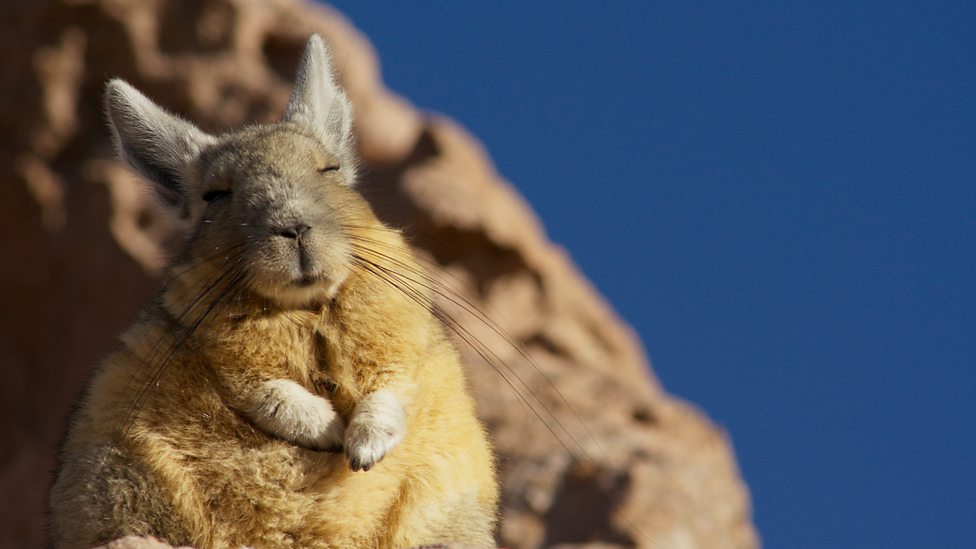
A free daily email with the biggest news stories of the day – and the best features from TheWeek.com
You are now subscribed
Your newsletter sign-up was successful
2016 was rough.
America's grueling presidential campaign was full of anger, searing accusations, and fear. In its wake, our country's darkest differences have been brought to light. Many families and friends have been pitted against one another. We are exhausted. We are divided. We are perhaps even a little bit depressed.
So allow me to offer you some good news.
The Week
Escape your echo chamber. Get the facts behind the news, plus analysis from multiple perspectives.

Sign up for The Week's Free Newsletters
From our morning news briefing to a weekly Good News Newsletter, get the best of The Week delivered directly to your inbox.
From our morning news briefing to a weekly Good News Newsletter, get the best of The Week delivered directly to your inbox.
I'm here to tell you, downtrodden countrymen (and women), that there is a remedy for our particular affliction. It can be found in the flutter of a hummingbird's wings, or the determined eyes of a crouching snow leopard. It's in the gallop of a giraffe as it's pursued across the tundra, and the heroic leap of a penguin from razor-sharp cliffs. Mix in a cinematic score by Hans Zimmer and the soothing sounds of David Attenborough's voice, and the formula is complete. Lift your eyes to the TV screen, my weary friends. What we need now, perhaps more than ever, is a hefty dose of Planet Earth.
I'm a nature nerd and an awe junkie. Regular injections of natural beauty help keep me afloat in a world that would otherwise drag me down. I need brushes with wonder to maintain my sanity. I need that swelling in my chest and goosebumps down my spine, that tear-jerking act of kindness, or brilliant full moon, or stirring speech. Awe and wonder just make me feel good.
And I'm not alone. Scientists believe awe might actually be good for our physical health. In one groundbreaking study, researchers measured participants' levels of something called interleukin-6, a molecule known to promote inflammation in the body. Elevated levels of this stuff have been linked to chronic ailments like depression and autoimmune diseases. The theory is that the lower your levels of IL-6, the better your overall health. In the study, awe was "the strongest predictor" of lower levels of IL-6, the authors write, even stronger than regular brushes with other positive emotions like love and joy.
"We know positive emotions are important for well-being, but our findings suggest they're also good for our body," says positive psychology researcher Jennifer Stellar, the study's lead author.
A free daily email with the biggest news stories of the day – and the best features from TheWeek.com
So, how does this connect with Planet Earth? Well, nature is one of the biggest elicitors of awe and wonder. It's like a charging station for our emotional batteries. As naturalist John Muir once wrote, "Thousands of tired, nerve-shaken, over-civilized people are beginning to find out that going to the mountains is going home. Wilderness is a necessity." Planet Earth, and especially Planet Earth II, which premieres in America at the end of this month, lets us bear witness to acts of nature we'd never see otherwise, and in ultra-high-definition. Take, for example, this incredible footage of a sloth as it swims in search of a mate:

Or this epic race between baby iguanas and hungry snakes (stick with it!):

Both scenes left me breathless, in utter amazement of the deep knowing of the natural world that surrounds me. Planet Earth is so good at evoking this feeling, Stellar told me her team actually used clips from the show to induce wonder in the lab. It works like a charm.
But there's another, more pertinent reason to add this show (or any other nature show, really — Brian Cox's Wonders of Life is pretty good, too) to your list: Awe makes us kinder to one another. Indeed, a series of recent studies has shown people who regularly experience awe are more compassionate to others. They're more humble, more giving, more helpful. They're just… objectively better humans. And the reason for all this excessive kindness gets to the heart of what I'm really trying to say: Awe makes us feel small. It diminishes our sense of "self" — all the little things in our personal bubble that we fret over. All the things we think are unique and ever so important. Awe reminds us that actually, none of that really matters.
"We regularly walk around in our daily lives thinking about what we need to do," says Paul Piff, an assistant professor of psychology at the University of California, Irvine. "We've gotta go to the grocery store or get to work. It's me, me, me. We're very self-focused. But awe seems to reduce that, shifting on a very basic perceptual level away from you toward something bigger than you. In so doing it kinda gets you to forget yourself and lose yourself."
Some researchers even believe awe, and the compassion it evokes, may have helped us survive through millions of years of evolution. "...Our mammalian and hominid evolution have crafted a species — us — with remarkable tendencies toward kindness, play, generosity, reverence and self-sacrifice, which are vital to the classic tasks of evolution — survival, gene replication, and smooth functioning groups," says Dacher Keltner, director of the Greater Good Science Center and a professor of psychology at Berkeley. In other words, getting along with others is key in group survival, and wonder might help with that.
"For me, awe makes me feel like whatever stuff I'm going through, for a moment, it actually feels smaller and less significant," Stellar told me. "I feel interconnected with other people in the world. Maybe it breathes new life into the feeling that we're all part of one Earth."
So, at a time when we're defining ourselves by our differences, political or otherwise, when we feel utterly divided and at odds with our fellow humans, maybe awe can be an antidote. A salve for our weary souls. A great equalizer. Maybe it can help us think less of ourselves, and find more compassion for one another going forward. I'd suggest getting regular infusions of pure wonder as often as possible. You can start here:

Jessica Hullinger is a writer and former deputy editor of The Week Digital. Originally from the American Midwest, she completed a degree in journalism at Indiana University Bloomington before relocating to New York City, where she pursued a career in media. After joining The Week as an intern in 2010, she served as the title’s audience development manager, senior editor and deputy editor, as well as a regular guest on “The Week Unwrapped” podcast. Her writing has featured in other publications including Popular Science, Fast Company, Fortune, and Self magazine, and she loves covering science and climate-related issues.
-
 Local elections 2026: where are they and who is expected to win?
Local elections 2026: where are they and who is expected to win?The Explainer Labour is braced for heavy losses and U-turn on postponing some council elections hasn’t helped the party’s prospects
-
 6 of the world’s most accessible destinations
6 of the world’s most accessible destinationsThe Week Recommends Experience all of Berlin, Singapore and Sydney
-
 How the FCC’s ‘equal time’ rule works
How the FCC’s ‘equal time’ rule worksIn the Spotlight The law is at the heart of the Colbert-CBS conflict
-
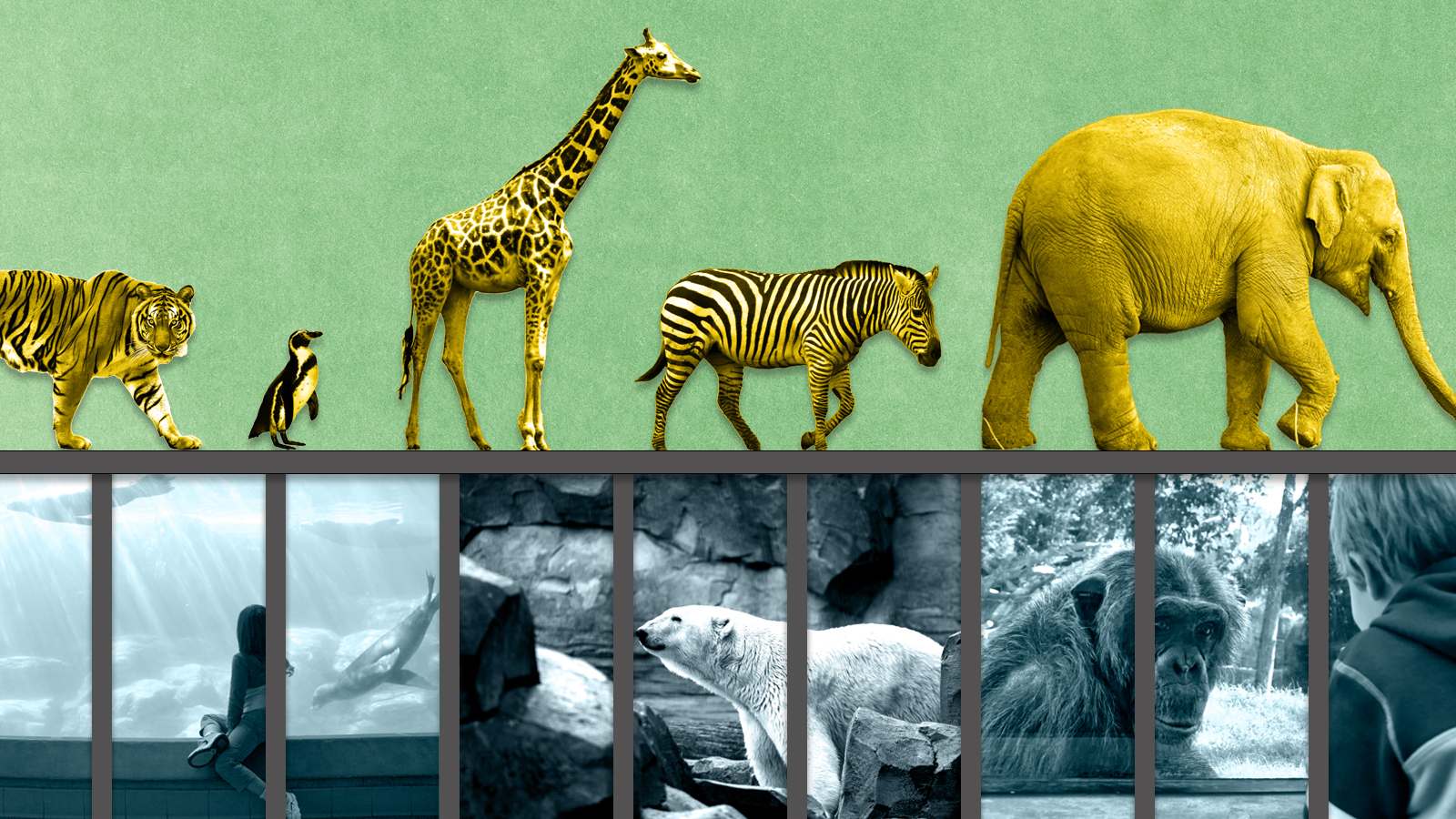 Are zoos ethical?
Are zoos ethical?The Explainer Examining the pros and cons of supporting these controversial institutions
-
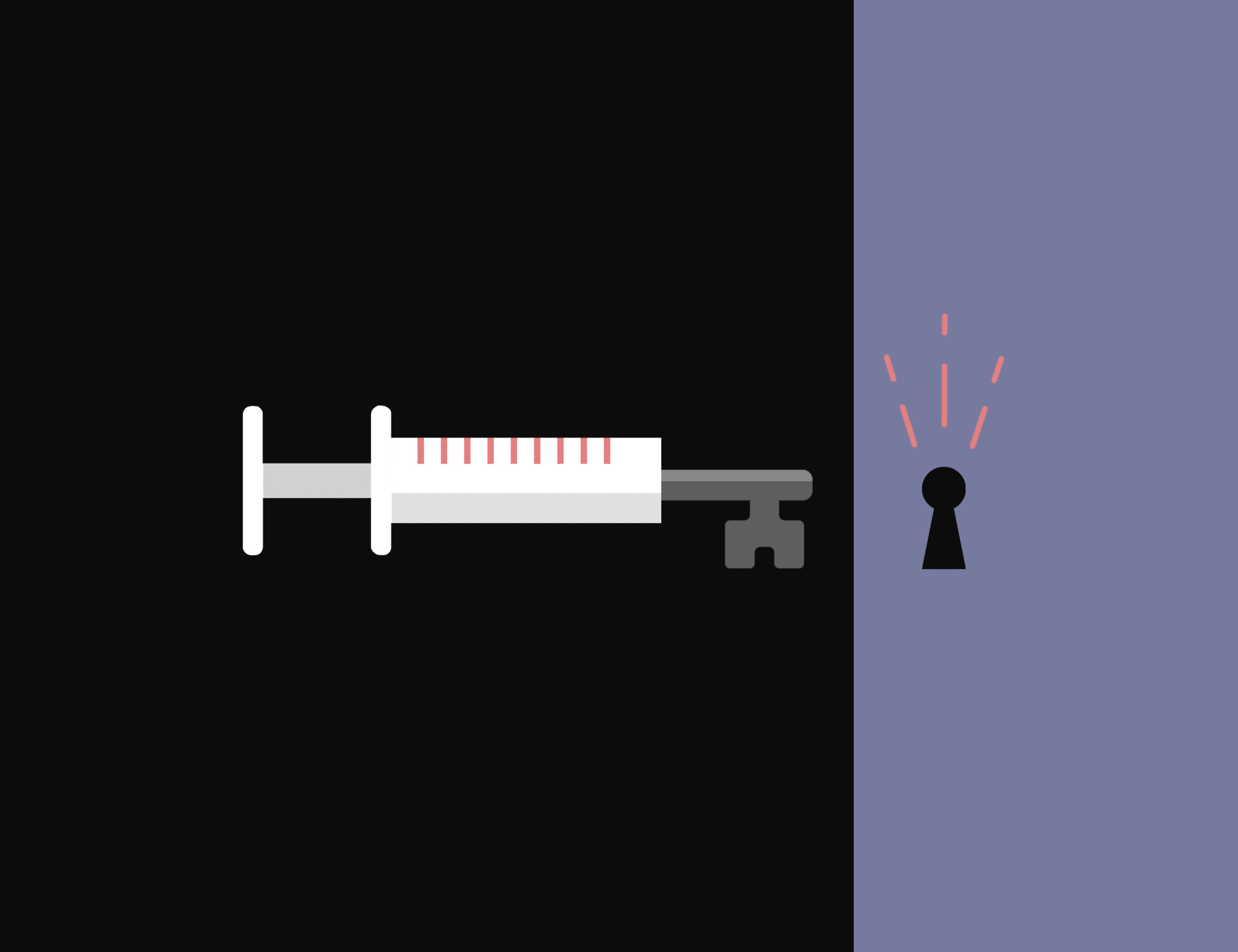 Will COVID-19 wind up saving lives?
Will COVID-19 wind up saving lives?The Explainer By spurring vaccine development, the pandemic is one crisis that hasn’t gone to waste
-
 Coronavirus vaccine guide: Everything you need to know so far
Coronavirus vaccine guide: Everything you need to know so farThe Explainer Effectiveness, doses, variants, and methods — explained
-
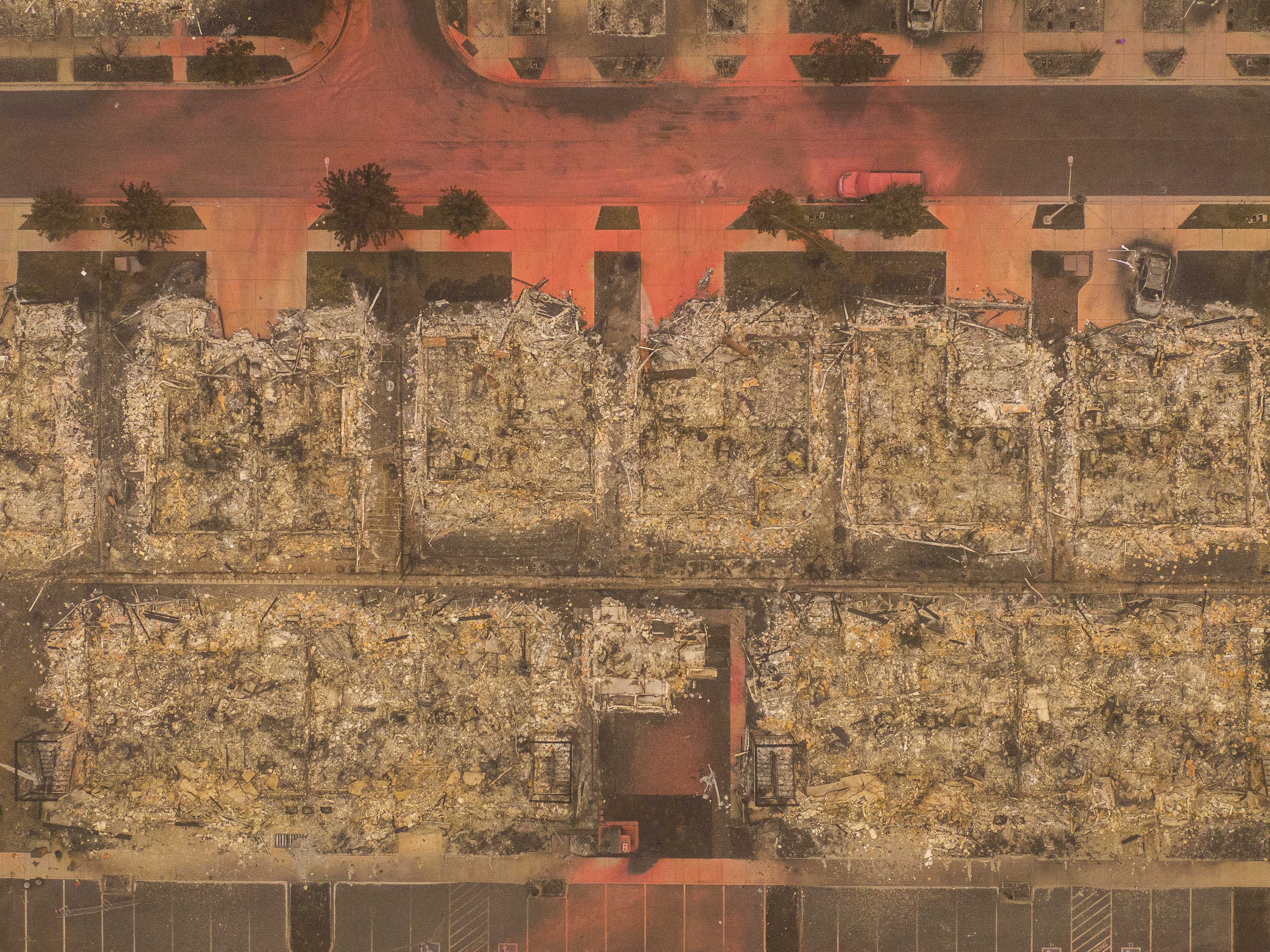 The climate refugees are here. They're Americans.
The climate refugees are here. They're Americans.The Explainer Wildfires are forcing people from their homes in droves. Where will they go now?
-
 Coronavirus' looming psychological crisis
Coronavirus' looming psychological crisisThe Explainer On the coming epidemic of despair
-
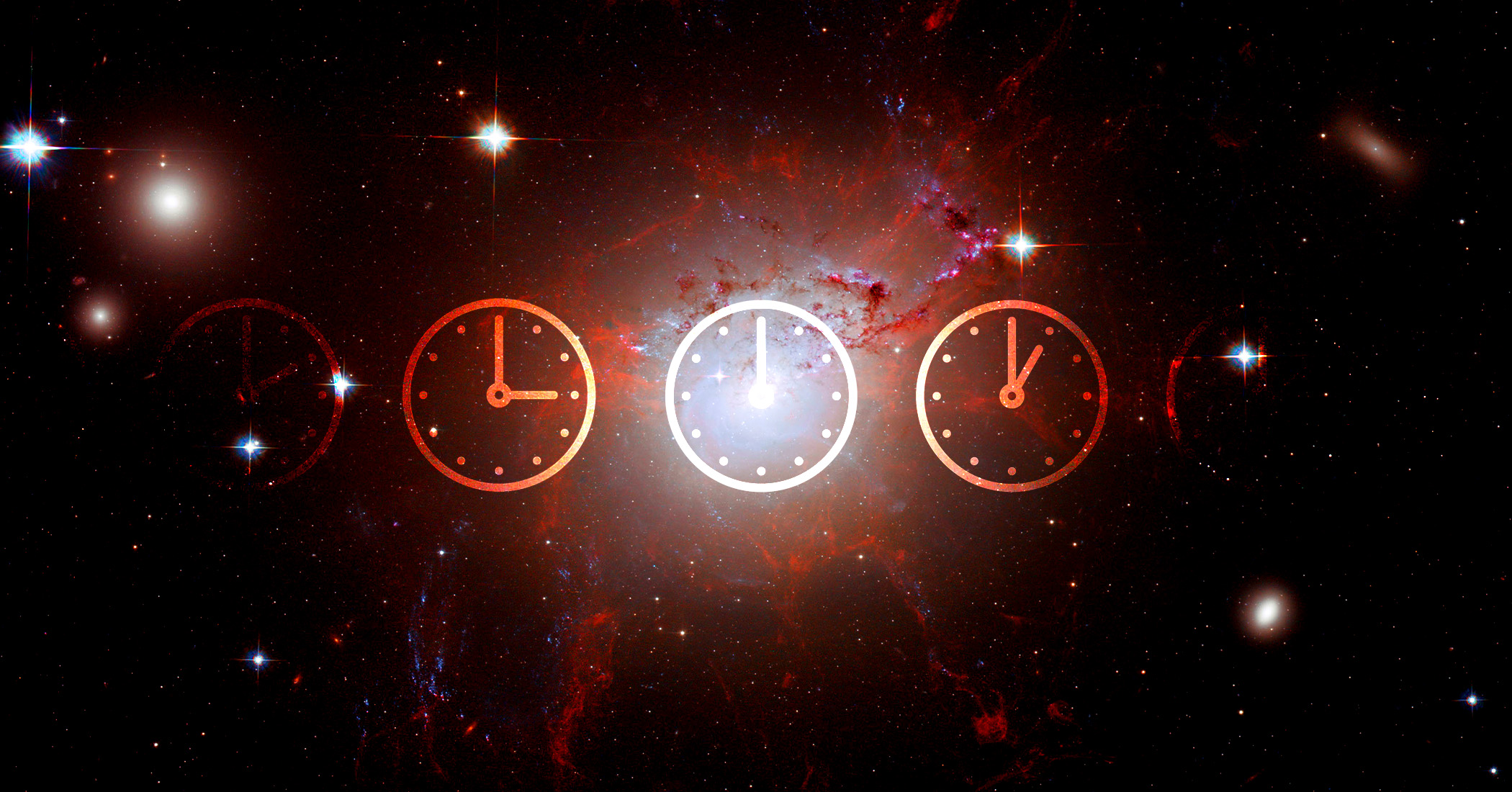 The growing crisis in cosmology
The growing crisis in cosmologyThe Explainer Unexplained discrepancies are appearing in measurements of how rapidly the universe is expanding
-
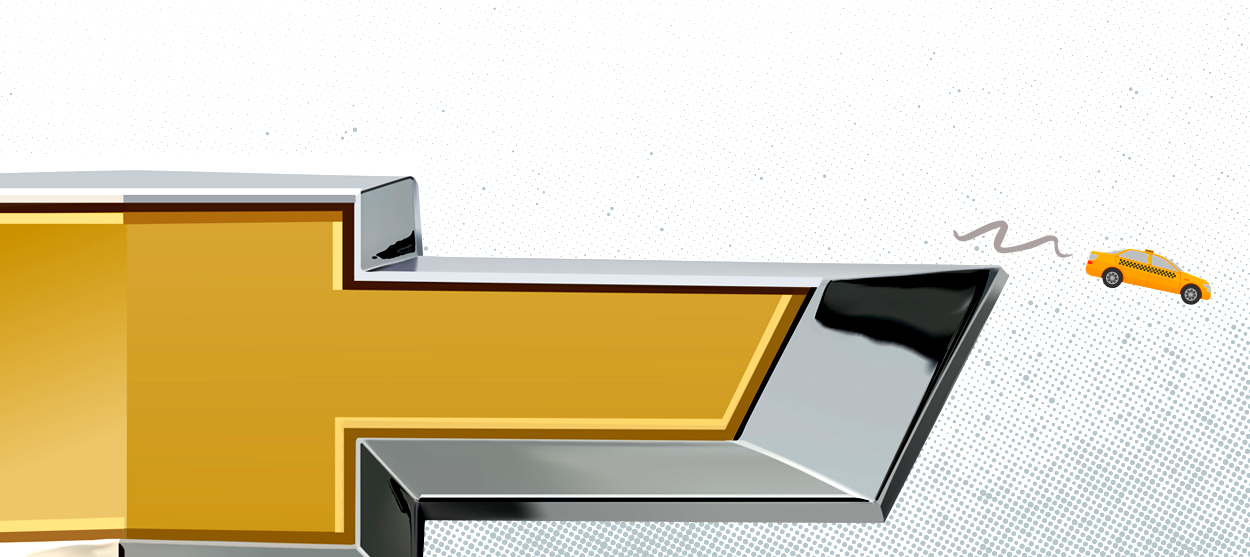 What if the car of the future isn't a car at all?
What if the car of the future isn't a car at all?The Explainer The many problems with GM's Cruise autonomous vehicle announcement
-
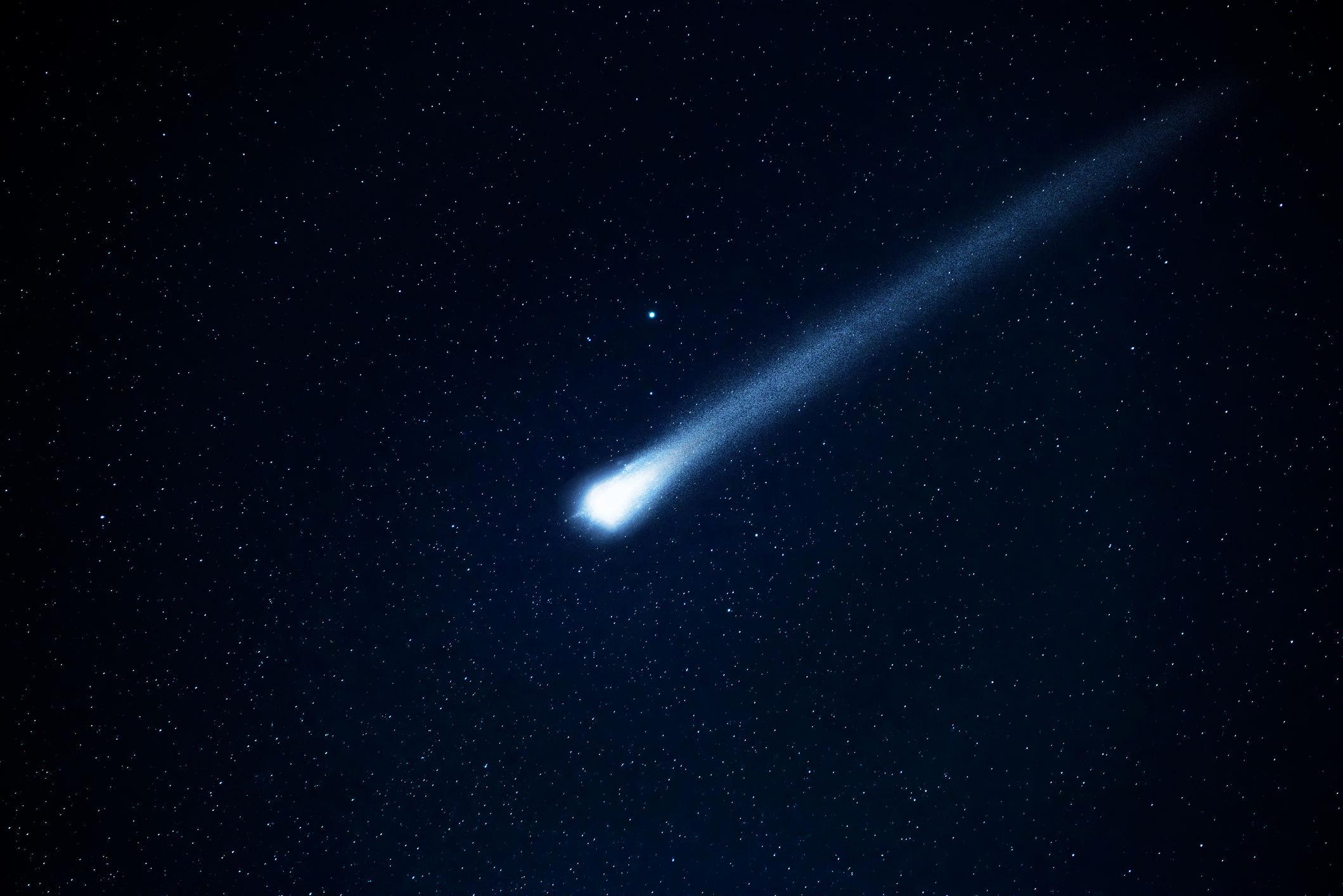 The threat of killer asteroids
The threat of killer asteroidsThe Explainer Everything you need to know about asteroids hitting Earth and wiping out humanity
